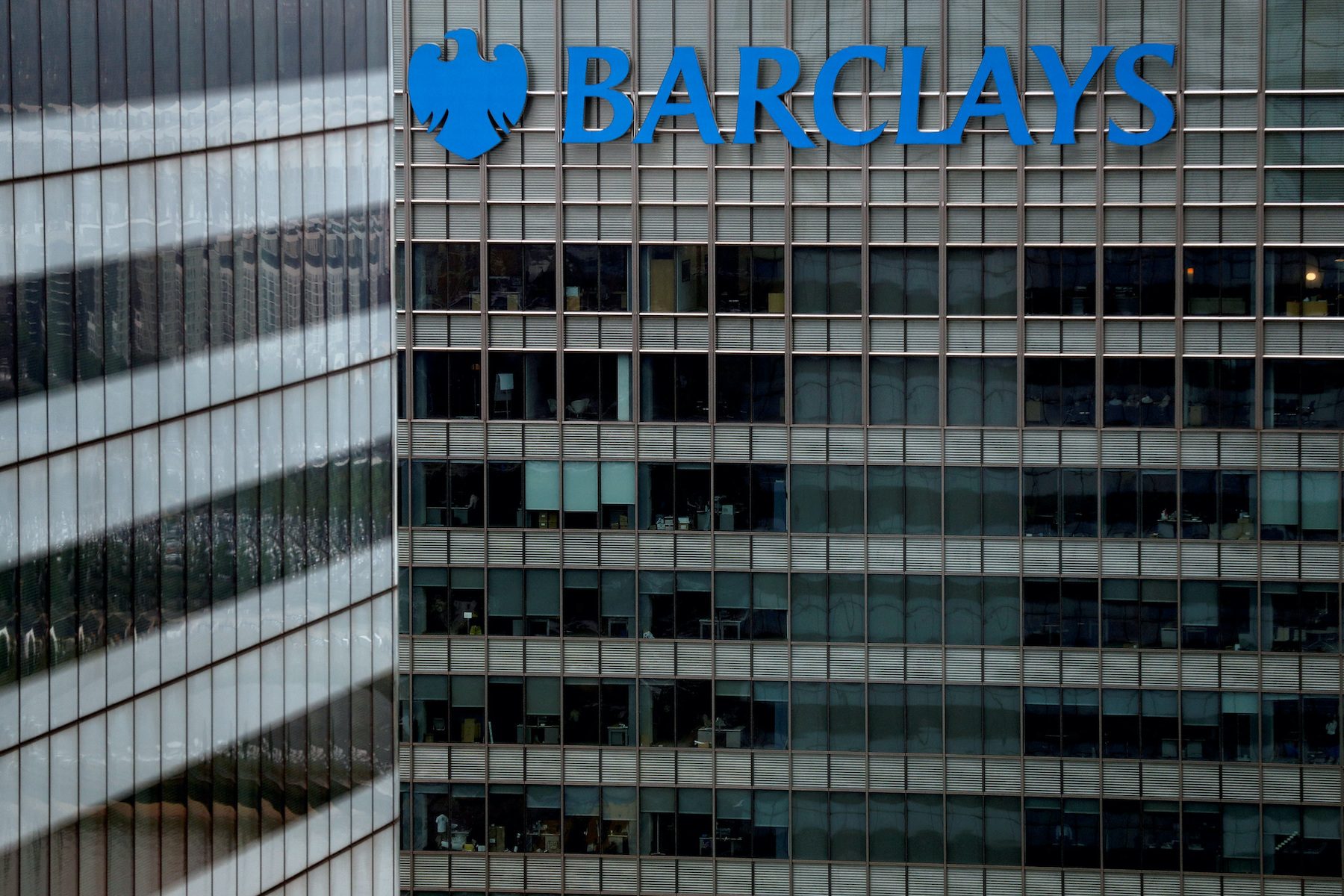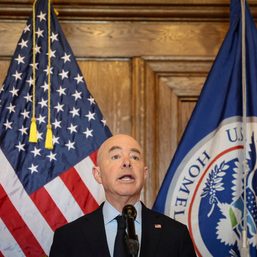SUMMARY
This is AI generated summarization, which may have errors. For context, always refer to the full article.

British lender Barclays agreed a $361-million penalty with US regulators on Thursday, September 29, for “staggering” failures that led it to oversell $17.7 billion of structured products, racking up further costs for an error that has blighted chief executive officer CS Venkatakrishnan‘s first year in charge.
The bank said after London market close on Friday, September 30, that its own review led by external lawyers into the error had also concluded, adding it would consider individual accountabilities and whether to take disciplinary action or dock pay packets based on the findings.
Barclays’ shares closed down 0.2% on the day.
The conduct concerned dates back to March this year when Barclays disclosed that it had accidentally oversold complex structured and exchange-traded notes, overshooting by about 75% a $20.8-billion limit on such sales it had agreed with the Securities and Exchange Commission (SEC).
The bank had failed to implement any internal controls to track such transactions in real time, the SEC found.
“While we acknowledge Barclays’ efforts to identify, disclose, and remediate this conduct, the control deficiencies and the scope of the conduct at issue here was simply staggering,” Gurbir Grewal, director of the SEC’s Division of Enforcement, said in a statement.
Barclays will pay the penalty without admitting or denying the SEC’s findings, it said.
Barclays said its review found the overissuance happened primarily because of a failure to identify and escalate to senior executives the consequences of a change in its issuer status and because of a decentralized structure for securities issuances.
The error was not due to “a general lack of attention to controls by Barclays,” the bank said its review concluded.
Buyers of the notes, considered “unregistered securities,” had the right to demand Barclays buy back the products at the original price plus interest. The bank took a charge of 1.3 billion pounds in the second quarter to cover the costs of buying back the securities, denting its profits.
On Thursday, the SEC said Barclays had agreed to pay a $200-million civil penalty for the control lapses. In addition, it agreed to pay disgorgement and interest of more than $161 million, although the regulator said that additional charge was satisfied by the buyback offer.
While the SEC settlement helps draw a line under the incident, which has been an embarrassment for Venkatakrishnan – known at the bank as “Venkat” – it still faces private litigation relating to the incident.
Barclays also still has to outline the final costs of its so-called rescission offer to buy back the securities it sold in error. The bank said on Friday the full financial impact would be “materially in line” with that disclosed in its half-year financial results, with further details in its third quarter results on October 26.
Barclays said this month that investors had submitted claims for $7 billion out of the $17.7 billion worth of securities it oversold.
Well-seasoned issuer
Under a previous enforcement settlement Barclays agreed with the SEC in 2017, the bank was stripped of its “well known seasoned issuer” status that had allowed it to sell notes in the United States with flexible filing requirements.
As a result, Barclays had to quantify the total number of securities that it anticipated offering and selling and pay registration fees for those offerings in advance. In August 2019, the bank and the SEC agreed Barclays could offer or sell approximately $20.8 billion of securities, for a period of three years.
Given this requirement, staff knew they had to keep close track of actual offers and sales of securities against the amount of registered offers and sales on a real-time basis, but the bank failed to establish a mechanism to do this, the SEC said.
Around March 9, staff realized that they had oversold the agreed amount of securities and alerted regulators a few days later, the SEC said. – Rappler.com
Add a comment
How does this make you feel?





There are no comments yet. Add your comment to start the conversation.